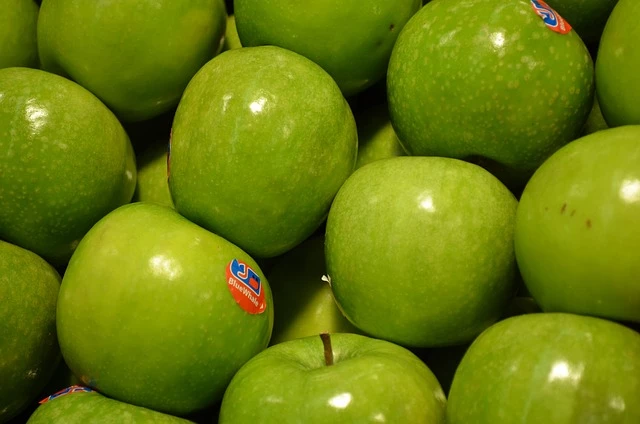Which Is Best – Organic vs. Conventional Foods? Ask a Fruit Fly

As the organic versus conventional debate continues to wear on, a tiny source of information may be providing a clue: Fruit flies.
A study looking at the difference between fruit flies fed an organic diet vs. flies feeding on conventional foods came up with some pretty startling conclusions, reports the New York Times. Fruit flies that fed on organic bananas and potatoes did better than flies eating non-organic foods in nearly every measure, including fertility, stress, resistance and longevity.
Curiously, the study started out as the science product of Texan middle school student Ria Chhabra. Fed up with her parents arguing between the value of organic foods, Chhabra decided to take a look into the data herself to set the record straight, going above and beyond the scope of her science project in an effort to find the answer.
She connected with Dr. Johannes Bauer, an assistant professor at Southern Methodist University in Dallas, who helped her develop the study and even encouraged her to submit results for publication in a scientific journal. After 3 years of exploration, the student’s findings were published under the title “Organically Grown Food Provides Health Benefits to Drosophila melanogaster.”
The results of the study have raised some eyebrows—and lots of applause. According to Dr. Bauer, the research is paving the way for future studies on the relative health benefits of organic versus conventional foods.
The student’s original science project examined the vitamin C content of organic produce compared to its conventional counterparts, and found that organic foods have higher concentrations of vitamin C. The next step looked at the overall health effects of eating organic, finding that fruit flies fed an organic diet had greater resistance to stress, greater levels of fertility, and tended to live longer.
While the structure of a fruit fly is worlds apart from that of a human body, fruit flies are often used for research because their short life span allows scientists to evaluate basic biological effects over a shorter amount of time. Results shown in fruit flies often provide clues for better understanding similar disease and biological processes in humans
According to Dr. Bauer, the difference in health outcomes among the flies fed the organic and conventional diets could be attributed to the pesticide and fungicide residue on the conventionally raised foods. This is a common concern of human counterparts as well. Most people opt for organic foods to avoid exposure to the potentially toxic chemicals in pesticide and fungicide residue.
So if you ever wondered whether spending the extra money to buy organic foods is worth it, it may be time to consider taking a lesson from the humble fruit fly.



